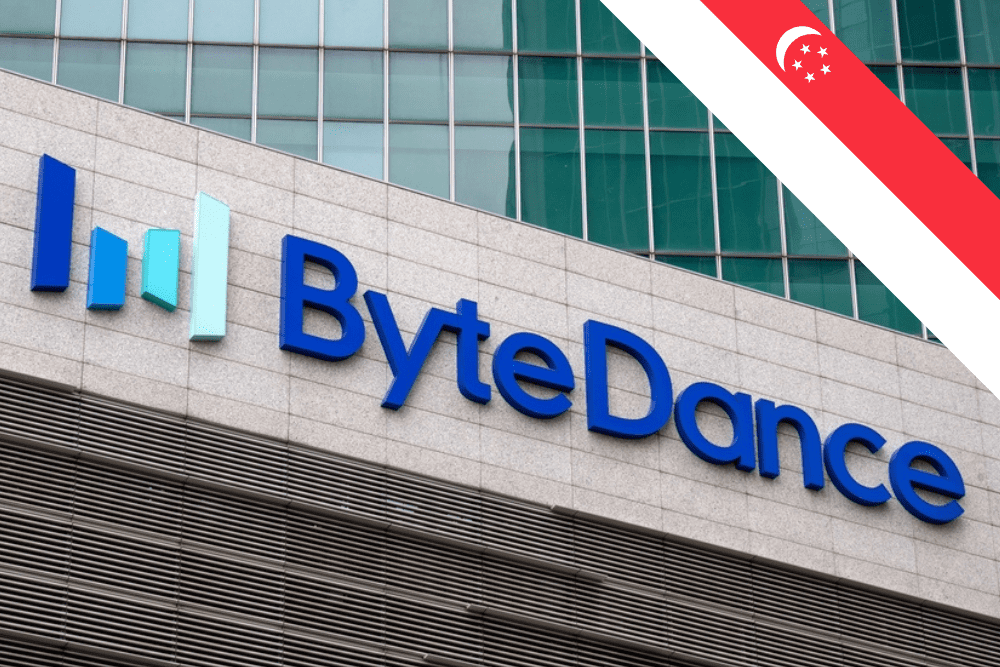Over 60 Affected by Gastroenteritis at ByteDance Office Food Poisoning Incident
At least 60 people fell ill following a significant food poisoning incident of gastroenteritis at the ByteDance office in Singapore on July 30. The Singapore Food Agency (SFA) and Ministry of Health (MOH) are investigating the suspected gastroenteritis cases at ByteDance’s office at One Raffles Quay.
Emergency Response and Medical Attention
The Singapore Civil Defence Force (SCDF) received multiple calls for assistance at approximately 3.15 pm. Seventeen ambulances were dispatched to the scene, with multiple individuals being treated by paramedics in the South Tower lobby.
The affected individuals experienced symptoms of abdominal pain and vomiting, necessitating medical attention at hospitals such as Singapore General Hospital, Tan Tock Seng Hospital, and Raffles Hospital.
Investigation and Safety Measures
The SFA and MOH confirmed that 57 out of the 60 people who exhibited gastroenteritis symptoms sought medical treatment. All affected individuals had consumed food from the same source. SCDF established a first-aid point at One Raffles Quay to assist others with similar symptoms. The SCDF has since withdrawn its personnel and emergency vehicles.
A ByteDance spokesperson emphasised the company’s commitment to employee health and safety. Immediate measures were implemented to support affected employees, including collaboration with emergency services. ByteDance is conducting an internal investigation and cooperating with authorities.
Regulatory and Vendor Compliance
ByteDance uses licensed external vendors for office catering. The SFA and MOH highlighted the importance of food safety, urging food operators to adhere to regulatory measures and maintain good food safety practices. This incident follows another significant food poisoning case involving 165 SCDF personnel at the Civil Defence Academy campus.
Scene at One Raffles Quay Following Mass Gastroenteritis at ByteDance Office
When The Straits Times arrived at the scene around 6.45 pm, about 30 SCDF personnel, two fire engines, a mass decontamination vehicle, and an ambulance were still present. A man working on the building’s 16th floor initially thought a fire had broken out but later realised it was a food poisoning incident.
Understanding Gastroenteritis
Gastroenteritis is an inflammation of the stomach and intestines caused by infection with bacteria, viruses, or parasites. Symptoms typically include diarrhoea, vomiting, abdominal cramps, and sometimes fever.
It is often spread through contaminated food or water, making food safety and hygiene crucial in preventing outbreaks. The severity and duration of symptoms can vary, but most cases resolve within a few days with proper hydration and rest. In severe instances, especially among vulnerable populations, medical attention is necessary to manage dehydration and other complications.
Rapid Onset of Gastroenteritis Symptoms at ByteDance Office
The rapid onset of gastroenteritis symptoms is often due to the body’s immediate response to the ingested pathogens. When contaminated food or water is consumed, bacteria or viruses can quickly begin to multiply in the gastrointestinal tract.
The body’s immune system responds by triggering inflammation and expelling the harmful agents through vomiting and diarrhoea. Some bacteria, like Staphylococcus aureus, produce toxins that can cause symptoms within a few hours. This swift reaction helps to minimise the absorption of toxins and pathogens, but it also leads to the sudden and often severe symptoms associated with food poisoning.
Immediate Actions to Take During Gastroenteritis
If you suspect gastroenteritis, it’s crucial to manage symptoms and prevent dehydration. Start by drinking plenty of fluids such as water, oral rehydration solutions, or clear broths to replace lost electrolytes. Avoid sugary drinks and caffeine, as they can worsen dehydration. Eat small, bland meals, such as toast, rice, or bananas, and avoid dairy, fatty, or spicy foods until you recover. Rest as much as possible to help your body fight off the infection.
If symptoms persist for more than a few days, or if there are signs of severe dehydration, such as reduced urination, dizziness, or a dry mouth, seek medical attention promptly. Practising good hygiene, such as frequent handwashing and disinfecting surfaces, can prevent the spread of infection to others. By taking these steps, you can effectively manage gastroenteritis and reduce the risk of complications.
This mass incident of gastroenteritis at the ByteDance office in Singapore highlights the importance of food safety and prompt response in preventing and managing foodborne illnesses.
References
Chiu, Z. M. Y. C. (2024, July 31). At least 60 people ill after mass food poisoning case at Singapore ByteDance office. The Straits Times. https://www.straitstimes.com/singapore/41-people-taken-to-hospital-after-mass-food-poisoning-case-at-bytedance-office

